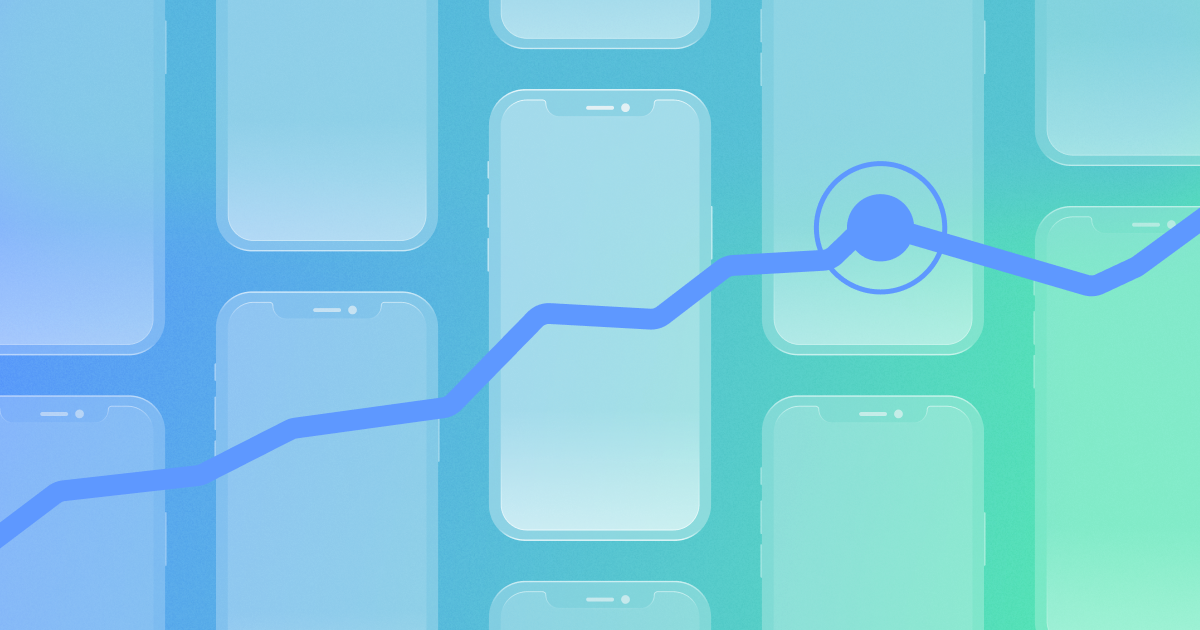How to Prevent Low Quality Apps and Decrease User Frustration?

Did you ever get so frustrated with an app that you uninstalled it immediately? Unfortunately there are tons of low quality apps on the market.
Frustration is an emotional state that a person reaches, when she/he can’t overcome an obstacle or achieve a goal.
The term “user frustration” is used when the frustration is caused by a computer, smartphone or other technical device.
If something frustrates the user, he won’t use the app further, instead he will churn and tell others about his bad experiences. With a low quality app it is hard to get traffic, establish authority and get recommended in the Google Play and App Store.
At the moment (March 2019), there are about 2.600.000 Android Apps available in the Google Play store. AppBrain has detected that 12% of these apps (about 300.000 apps) are of low quality.
Reasons for Low Quality Apps and User Frustration
If a user downloads and starts an app, but never uses it again, the app can be counted as a “bad app”. In 2018 about 21% of mobile apps were used just once. Reasons for low quality apps are:
Role of the developer
Minimal knowledge of user demands and expectations
No knowledge of the target audience
Lack of communication between developers
Technical details
The app doesn’t communicate the requirements it needs (e.g. a high end smartphone for a high quality game). Downloading a high quality game on an old smartphone can lead to an application freeze or crashes.
Download issues
Battery power consumption
Regular updates
Response time
User Interface and Design Issues
Poor navigation
Design and function don’t meet the user requirements
Security issues
Consistency across various platforms and devices
Google Play Store Guidelines
Google analyzed app reviews on the Play Store and found that half of 1-star reviews mentioned app stability as a problem. They also listed battery usage, slow render times and crashes in these low quality apps as sources of user frustration.
“Over the last year, we’ve been enhancing our search and discovery algorithms’ consideration of app quality and user engagement.” – Developers Blog
The Android quality guidelines specify the essential quality characteristics every Android App should display. A further testing and implementation of further quality characteristics help to build a high quality app and prevent user frustration.
The guidelines describe among other the following quality characteristics:
Visual design and user interaction
Design guidelines, UI patterns and icons
Navigation
Notifications
Functionality
Expected app behaviour
Level of permissions
Audio output during app usage and beyond
App running in the background
Compatibility, performance and stability
No crashes, force closes, frozen screens or other uncommon functions
Loading time
Battery consumption
Visual quality
Security
Data Security
Data sharing with other apps
Handle user data and personal information
Apple Store Guidelines
With its guidelines, Apple wants to “provide a safe experience for users to get apps and a great opportunity for all developers to be successful” (Apple). Extensive testing will help to prevent low quality apps and user frustration and instead provide a high quality and satisfiedusers.
They arranged the guidelines into five categories which include, among other things, the following characteristics:
Safety
Physical Harm
Data Security
Performance
Hardware Compatibility
App Completeness
Software Requirements and the ability to run on the newest iOS version
Business
Payment methods and procedure
Design
Simple, innovative and easy-to-use design
Implementation of help screens and setting pages
Icon design
Legal
“Apps must comply with all legal requirements in any location where you can make them available” (Apple)
Protect Privacy
Data Use and Sharing
Protect Intellectual Property
Rules for Gaming, Gambling, and Lotterie in apps
Conclusion
Frustration occurs when a person can’t overcome an obstacle or achieve a goal. Frustration, which is triggered by smartphones, is called user frustration.
It occurs when a mobile app does not meet the required or advertised requirements. According to Google, the most common reason for low quality apps and user frustration is app stability. Other reasons are poor knowledge about the target group and its demands, technical issues like battery consumption and response time and user interface and design issues like poor navigation or security issues.
By following the Google Play and Apple Store guidelines, you can make sure you have implemented the essential quality requirements. However, to deliver the best user experience you should not just focus on the minimum requirements. You should extensively test your app and implement further quality characteristics.
Learn how your organization can automatically capture and interpret micro-interaction level data to surface customer frustrations in our whitepaper “Detect hidden user frustration”.
Related articles:
AUTHOR
Annemarie Bufe
Product Analytics Expert
Passionate hobby dancer. Working at UXCam.

Related articles
Tool Comparisons
UXCam vs Amplitude: A real comparison for mobile product analytics
Compare UXCam and Amplitude for mobile product analytics. See where event-based metrics work, where they fall short, and how UXCam's AI-powered product analytics platform reveals what's actually happening in your...

Begüm Aykut
Growth Marketing Manager
Product best practices
App Onboarding Guide: Top 10 Onboarding Flow Examples 2026
Take a look at 10 examples of apps that get user onboarding flows right. Get inspired by proven app onboarding approaches and improve your...

Jonas Kurzweg
Product Analytics Expert
App Analytics
Mobile App Tracking: Practical Guide & Best Tools [2026]
The best tracking tools for mobile...

Jonas Kurzweg
Product Analytics Expert

